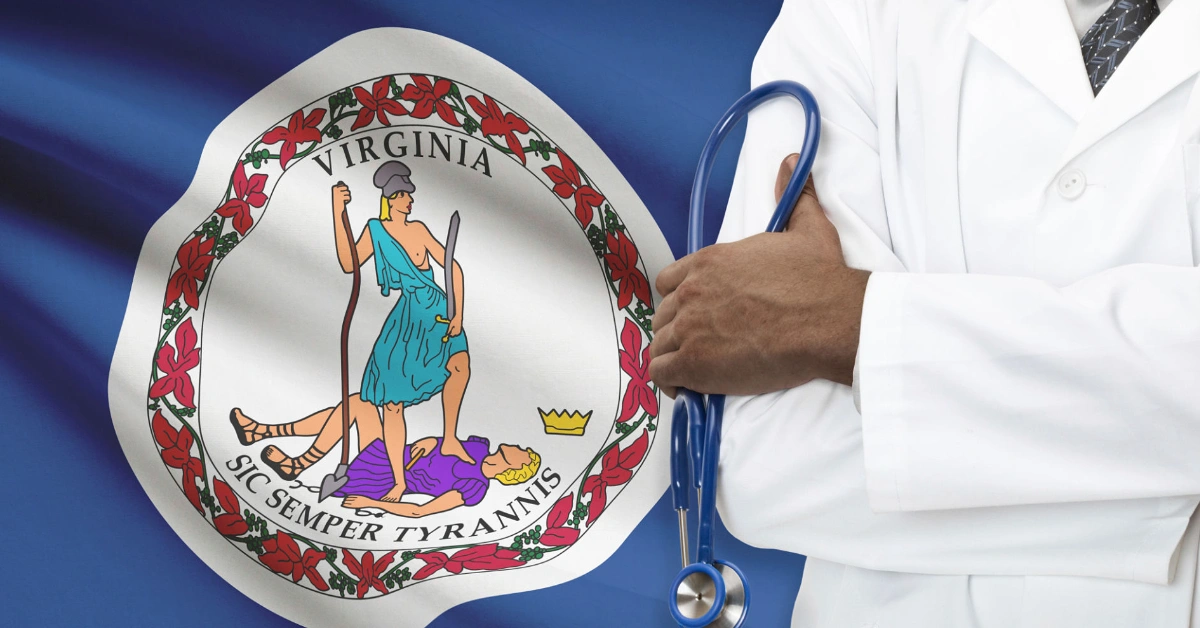
The Barriers for Women Veterans to VA Health Care 2024 Report highlights significant improvements in women Veterans’ experiences with VA health care services. Surveying over 7,000 women Veterans, the report reveals rising satisfaction with care, facilities, and provider relationships while acknowledging persistent challenges that VA is actively working to address.
Table of Contents
Women Veterans Report Positive Trends
- Safety and Comfort:
- 83% of women Veterans feel safe and comfortable at VA facilities, a major indicator of progress.
- Since 2014, improvements in facility quality have led to greater satisfaction:
- Cleanliness and equipment: Up by 10%.
- Accessible parking: Increased by 17%.
- Safe parking: Improved by 8%.
- Privacy at check-in: Better by 8%.
- Welcoming waiting areas: Enhanced by 9%.
- Provider Satisfaction:
- 82% of women Veterans are satisfied with their providers, feeling respected by primary care teams, nurses, and specialists.
- Satisfaction with general medical knowledge rose from 79% in 2014 to 86% in 2024, largely due to VA’s Women’s Health Mini-Residency Program, which has trained 11,500 providers in women’s gender-specific care.
- Services now include specialized care in:
- Reproductive health
- Breast cancer screening
- Maternity care
- Gynecology
- Sense of Belonging:
- 74% of women Veterans feel a strong sense of belonging at VA facilities.
- The VA’s efforts in inclusivity and women-specific communications are credited for creating a welcoming environment. Key initiatives include:
- Trauma-informed care options.
- Gender-specific requests for providers.
- Private waiting rooms and chaperones during appointments.
- Campaigns addressing gender-based harassment, diversity, suicide prevention, and women’s health awareness.
Challenges Still Faced by Women Veterans
While satisfaction has risen significantly, the study identifies persistent barriers to care that VA is working to overcome:
- Understanding Benefits and Health Care Options:
- 37% of respondents reported difficulty understanding their VA health care benefits.
- 27% lacked enough information on how to use VA services.
- VA is addressing this through:
- Monthly campaigns.
- Newsletters from the Center for Women Veterans.
- Support from Women Veterans Program Managers and Maternity Care Coordinators.
- Access to Care:
- 25% of women Veterans switched to non-VA providers due to limited appointment hours.
- Over 50% of respondents believe extended hours would help.
- VA has expanded weekday and weekend availability, emphasizing telehealth options to improve convenience.
- Family Needs and Childcare:
- 40% of women Veterans struggled to find childcare.
- 46% reported canceling appointments within the past year due to childcare issues.
- The VA is enhancing childcare support through the Deborah Sampson Act, ensuring women can access health care while balancing family responsibilities.
The 2024 Ultimate Guide: Best US States for 100% Disabled Veterans to Live and Thrive
2025 Veterans Disability Compensation Rates, Changes & Benefit Trends
VA Announces Lower Life Insurance Premiums for Veterans, Service Members, and Spouses in 2025
VA’s Commitment to Women Veterans
The VA continues to prioritize improvements to address barriers while expanding its women-specific services. Key initiatives include:
- Expanded Services:
- Extended facility hours, telehealth options, childcare assistance, and transportation services.
- Comprehensive Health Care:
- Personalized care in primary health, mental health, maternity care, reproductive services, and cancer screenings.
- Women-Centric Care Teams:
- Enhanced access to women’s health providers and women-only clinics.
- Options to request a specific-gender provider and medical chaperones for comfort and safety.
- Mental Health Resources:
- Women’s Mental Health Champions offering counseling and support.
- 24/7 assistance through the Veterans Crisis Line (dial 988 and press 1).
- Improved Communication:
- Resources like the Women Veterans Call Center (1-855-VA-WOMEN), newsletters, and direct provider messaging ensure women remain informed and connected to VA care.
Your Voice Drives Change
The feedback from thousands of women Veterans has been instrumental in shaping VA’s focus on safety, respect, inclusivity, and accessibility. While improvements are celebrated, VA acknowledges there’s work to be done, particularly in awareness of benefits, convenient access to care, and family support services.
Women Veterans are encouraged to explore their health care options, access resources, and stay informed through the VA’s dedicated services.
For assistance with eligibility, enrollment, and VA health care, call 1-855-VA-WOMEN or visit womenshealth.va.gov.
Leave a Reply